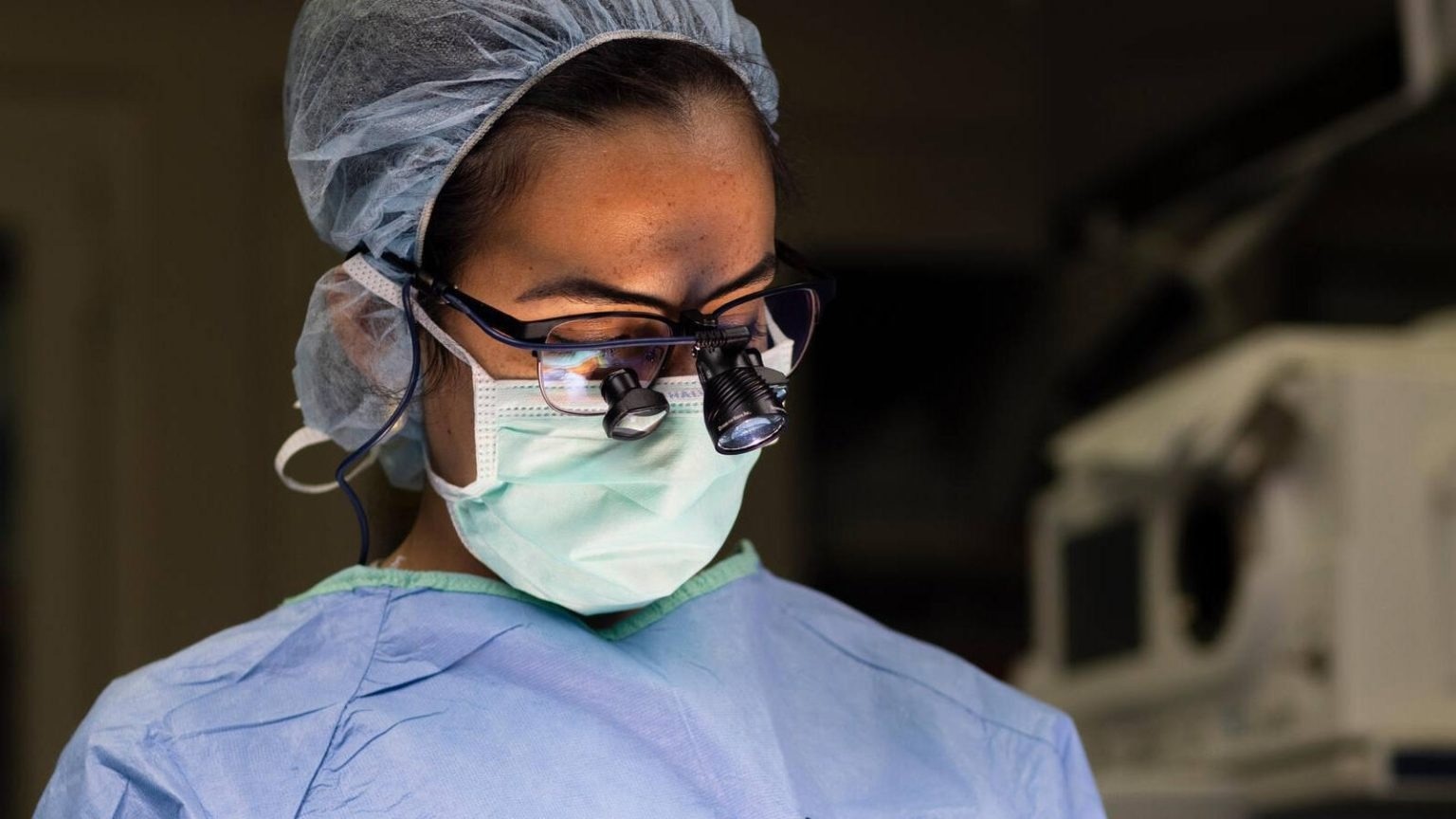Reviewed by Lexie CornerJul 8 2025
A research team at the Mayo Clinic has developed an artificial intelligence (AI) system designed to identify surgical site infections (SSIs) using images of wounds submitted by patients after surgery. This approach may improve how postoperative infections are monitored and managed.
 Dr. Hala Muaddi in surgery. Image Credit: Mayo Clinic
Dr. Hala Muaddi in surgery. Image Credit: Mayo Clinic
The study, published in Annals of Surgery, outlines an AI-based pipeline that can automatically detect surgical incisions, assess image quality, and identify signs of infection in patient-uploaded images submitted through online portals. The system was trained using more than 20,000 images from over 6,000 patients across nine Mayo Clinic hospitals.
We were motivated by the increasing need for outpatient monitoring of surgical incisions in a timely manner. This process, currently done by clinicians, is time-consuming and can delay care. Our AI model can help triage these images automatically, improving early detection and streamlining communication between patients and their care teams.
Cornelius Thiels, D.O., Study Co-Senior Author and Hepatobiliary and Pancreatic Surgical Oncologist, Mayo Clinic
The AI system uses a two-stage model. First, it checks whether a surgical incision is visible in the image. Then, it assesses whether the incision shows signs of infection. The Vision Transformer model detected incisions with 94 % accuracy and identified infections with an area under the curve (AUC) of 81 %.
This work lays the foundation for AI-assisted postoperative wound care, which can transform how postoperative patients are monitored. It is especially relevant as outpatient operations and virtual follow-ups become more common.
Hala Muaddi, M.D., Ph.D., Study First Author and Hepatopancreatobiliary Fellow, Mayo Clinic
The researchers expect that this system could help patients receive quicker responses, reduce delays in diagnosis, and improve postoperative care at home. With further validation, the tool may serve as an initial screening method to alert healthcare providers to possible complications.
The technology may also support the development of algorithms that detect early or subtle signs of infection, before they become obvious to clinical staff. This could enable earlier treatment, reduce complications, and lower healthcare costs.
Dr. Muaddi added, “For patients, this could mean faster reassurance or earlier identification of a problem. For clinicians, it offers a way to prioritize attention to cases that need it most, especially in rural or resource-limited settings.”
The model performed consistently across different patient groups, addressing concerns about algorithmic bias.
Although the results are promising, the researchers emphasize the need for further validation.
Our hope is that the AI models we developed and the large dataset they were trained on have the potential to fundamentally reshape how surgical follow-up is delivered. Prospective studies are underway to evaluate how well this tool integrates into day-to-day surgical care.
Hojjat Salehinejad, Ph.D., Study Co-Senior Author and Senior Associate Consultant, Health Care Delivery Research, Kern Center for the Science of Health Care Delivery, Mayo Clinic
Source:
Journal reference:
Muaddi, H., et al. (2025) Imaging Based Surgical Site Infection Detection Using Artificial Intelligence. Annals of Surgery. doi.org/10.1097/sla.0000000000006826.